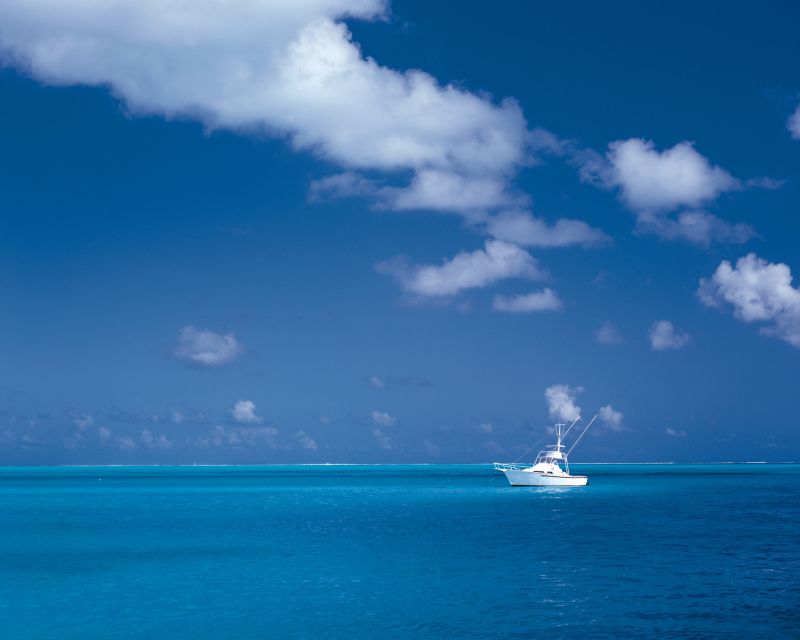
surf,冲浪,-ing,动名词后缀。
It is highly amusing to a stranger to go out into the south part of this town, some day when the sea is rolling in heavily over the reef, and to observe there the evolutions and rapid career of a company of surf-players. The sport is so attractive and full of wild excitement to Hawaiians, and withal so healthful, that I cannot but hope it will be many years before civilization shall look it out of countenance, or make it disreputable to indulge in this manly, though it be dangerous, exercise. [the Rev. Henry T. Cheever, "Life in the Sandwich Islands," New York, 1851]
"The basis of surfing music is a rock and roll bass beat figuration, coupled with a raunch-type weird-sounding lead guitar plus wailing saxes. Surfing music has to sound untrained with a certain rough flavor to appeal to the teenagers." [music publisher Murray Wilson, quoted in "Billboard," June 29, 1963]
来自柯林斯例句
来自柯林斯例句
来自柯林斯例句
来自柯林斯例句
来自《权威词典》